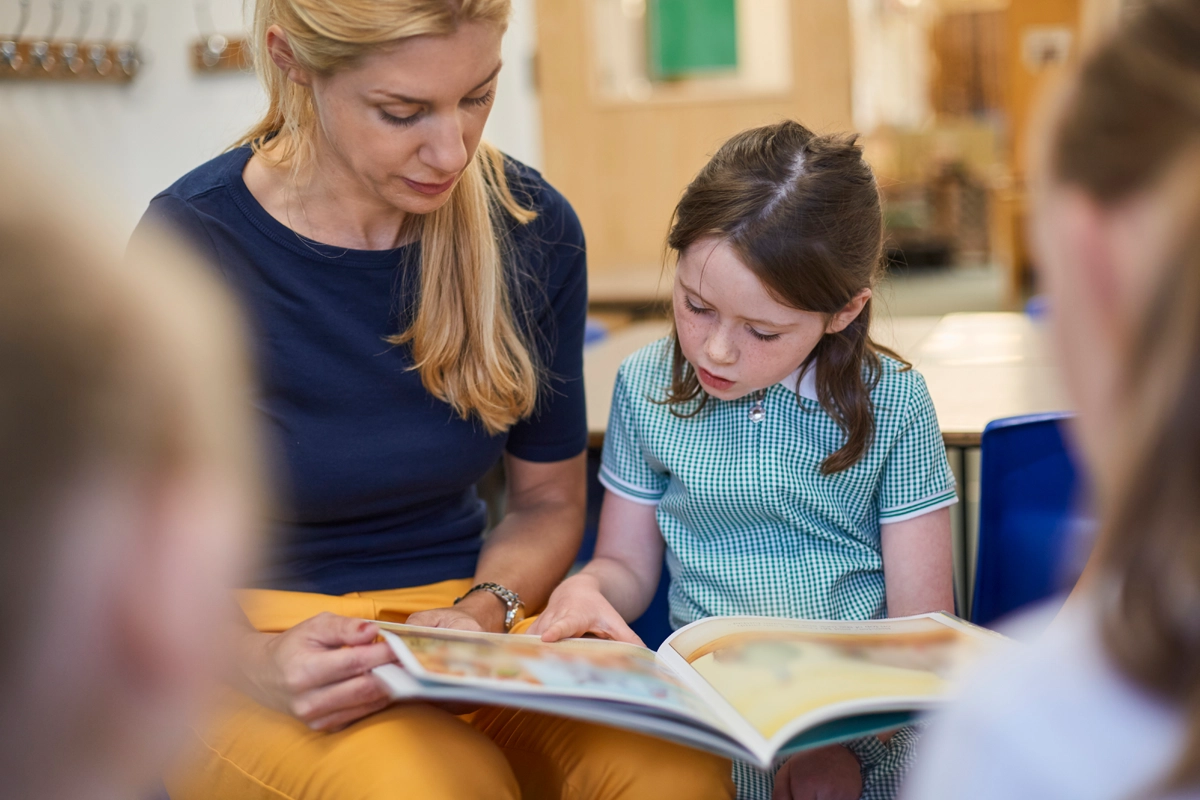
The connection between reading comprehension and academic achievement
“To build a foundation for college and career readiness, students must read widely and deeply from among a broad range of high-quality, increasingly challenging literary and informational texts.” (Common Core – States Standards for English Language Arts.)
The American College Testing (ACT) concluded that “…more students are on track to being ready for college-level reading in eighth and tenth grade than are actually ready by the time they reach twelfth grade.” (ACT.org.) In addition, The National Assessment of Educational Progress (NAEP) reports that between 2020 and 2022, all 4th and 8th graders’ reading scores dropped down to 1992 levels. (National Center for Education Statistics.gov.) This means that more students than ever in those grades are not reading at grade level. Is your child one of these children? If this is the case, your child will benefit from supplemental reading instruction by an expert reading teacher.
The easiest way to find out if your child is reading and comprehending at grade level is to provide them with a book that is labeled at their grade. Have the child read out loud to you just one paragraph, then ask them questions that are answered in the text they just read. Prefer that we conduct the reading assessment? At WCFL, we administer a comprehensive reading/writing/spelling assessment and share the results with you. We devise a plan tailored to your child’s strengths and weaknesses.
What is the difference between independent reading level and instructional reading level?
Reading specialists and teachers who focus on teaching reading should identify each child’s independent reading level at the beginning of the year. Independent reading level is the level where children are able to comprehend text on their own at 80% accuracy or above. Children are expected to read at grade level only at the end of an academic year. For example, a first grader is expected to read at grade level by the end of 1st grade. We have seen cases where a child’s instructional level was reported as their independent reading level. We help parents figure out the meaning of the reading evaluation their child received, conduct a comprehensive reading assessment if necessary, and together we determine the implications for instruction and possible reading reinforcement.
